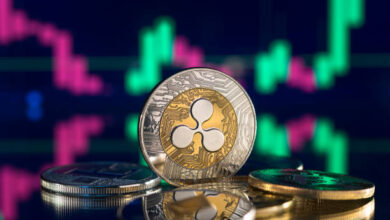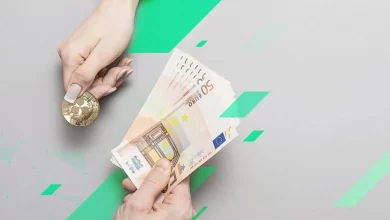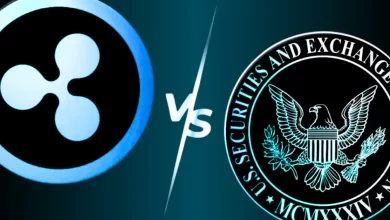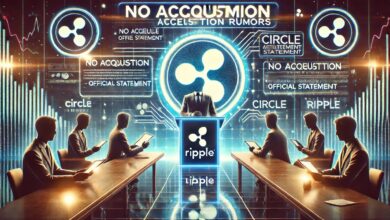52% of XRP Holders Could Unknowingly Be Linked to Ripple Controversy
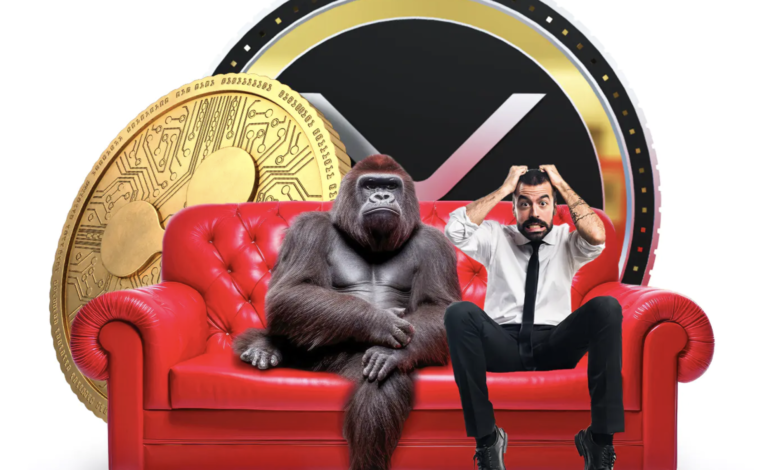
- The legal battle between Ripple and the SEC has escalated.
- Has the SEC obtained evidence that XRP holders have expected profits from Ripple’s efforts?
- John Deaton has concurred the majority of first-time buyers have been unaware of Ripple as a company.
In the midst of the protracted legal dispute between the U.S. Securities and Exchange Commission (SEC) and Ripple, attorney John Deaton finds himself at the center of an impassioned debate surrounding the security status of XRP.
The controversy began on June 23 when lawyer and crypto enthusiast Bill Hogan raised a thought-provoking question: “Does the SEC possess evidence of a single XRP holder who anticipated profits from Ripple’s efforts?” Jesse Haynes, the founder of equity crowdfunding firm SeedStarter, admitted to purchasing XRP, believing that Ripple would enhance its utility.
Many others shared similar expectations, as Haynes revealed numerous messages from individuals who bought XRP without prior research.
Majority of New XRP Investors Oblivious to Ripple Connection
John Deaton, a pro-Ripple lawyer, agreed with Haynes, stating that over 52% of first-time XRP buyers were unaware of Ripple as a company. Surprisingly, these buyers recognized the name “Ripple” but remained oblivious to its role as a software seller to banks. Deaton firmly stood by this fact, despite skepticism.
Regarding investors aware of Ripple’s involvement, including XRP Ledger developers, Deaton acknowledged their existence. However, he explained that establishing whether XRP was a security depended on specific grounds.
If Ripple directly sold XRP to an investor, fulfilling the Howey test, it could be considered a security. This entailed providing funds to Ripple, forming a common enterprise, and expecting profits from XRP based on Ripple’s talents and efforts.

